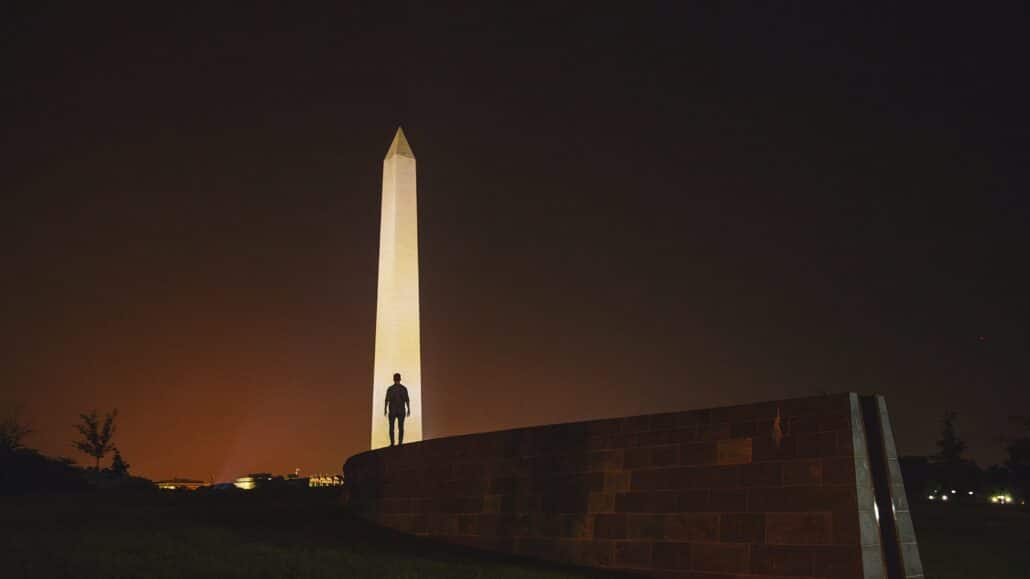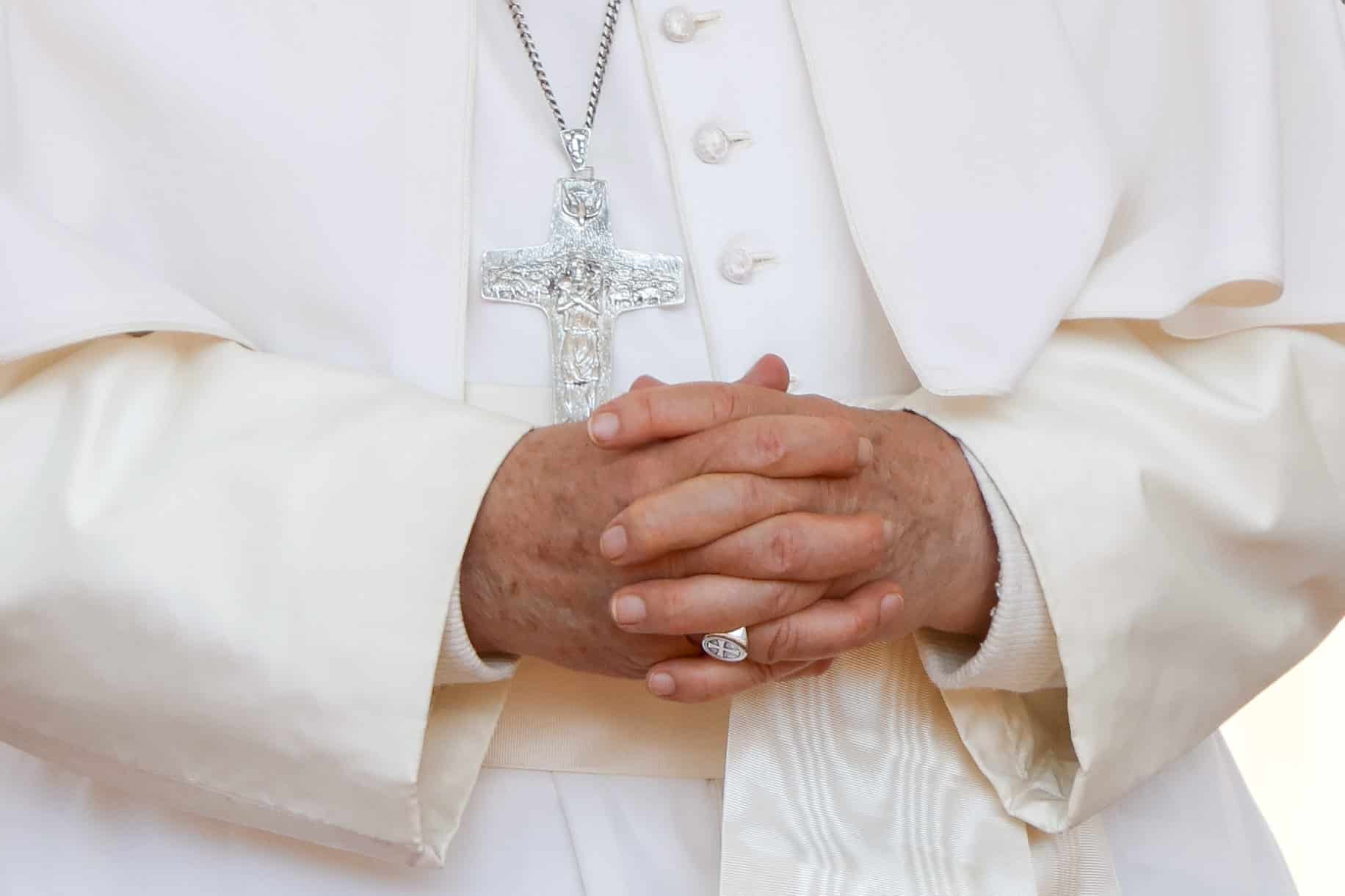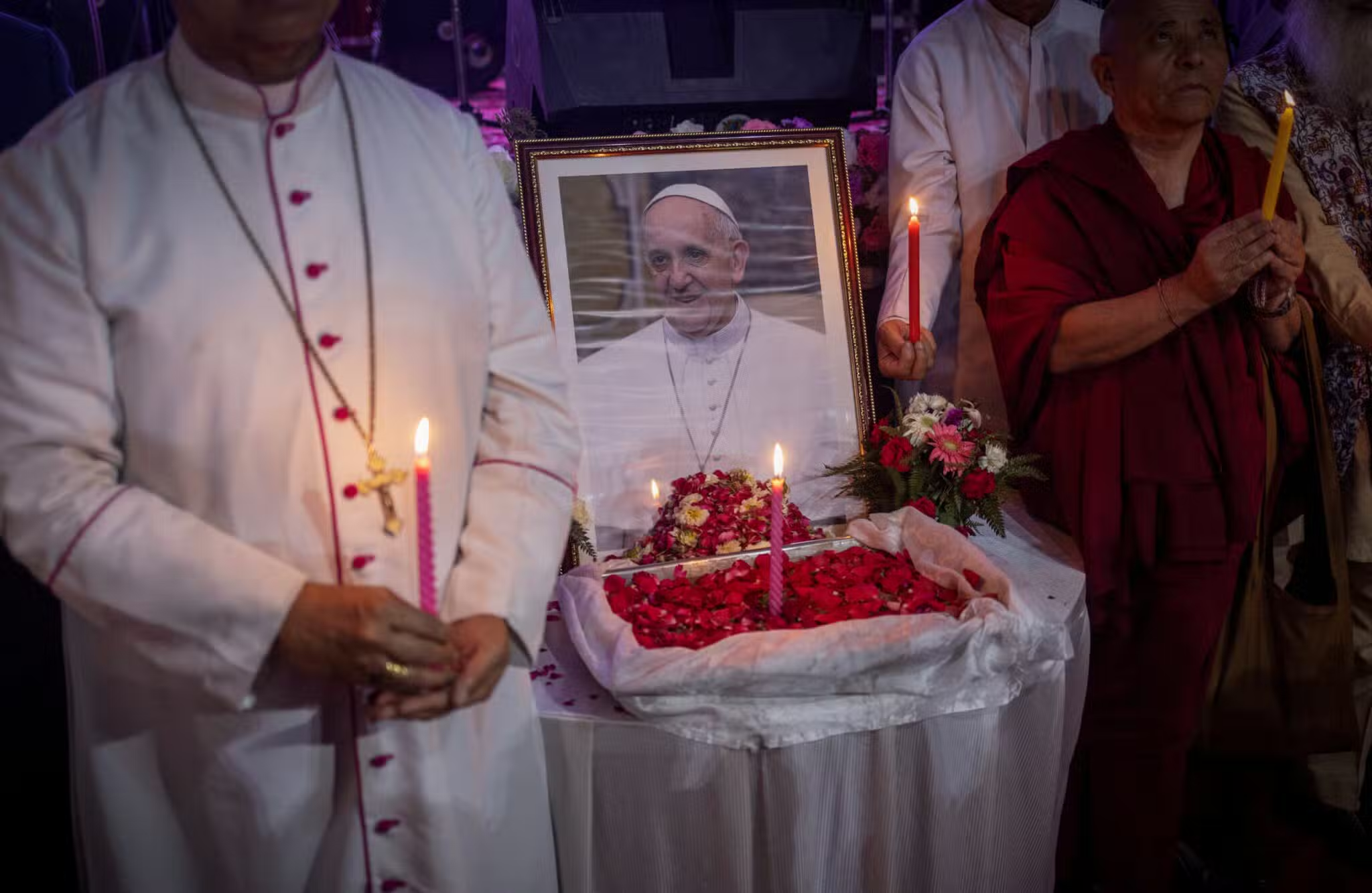“There aren’t enough Acts of Contrition to get a politician into heaven.” That’s my dad’s long-standing declaration when it comes to politics and its players. It’s a cynical position to take, but I’m not convinced it’s untrue. Historically, politics isn’t a place where honor and honesty run amok.
I learned that the hard way. Bill Clinton was the first president for whom I voted. I remember watching The Arsenio Hall Show in 1992. Clinton, with his Ray-Ban sunglasses, jammed with the show’s band on his saxophone. I didn’t yet know his platform, but I was won over by his interest in reaching out to younger voters. Then came the Monica Lewinsky scandal six years later. My fondness for Clinton, needless to say, took a hit.
I gained something from that experience. Perhaps we invest too much hope in our politicians. Or we expect our politicians to be a moral cut above the rest. But that’s folly. They can let us down. Duplicity, however, isn’t tied to one party. For every Anthony Weiner, there’s a Larry Craig. You can’t scold John F. Kennedy for his extracurricular activities without doing the same to Richard Nixon for his.
These are murky waters, but they’re not impassable. In this national off-election season, when tensions aren’t running as high, it’s wise to regroup and consider this.
Do Your Homework
According to a 2019 article from the Pew Research Center, Catholic adults constitute the largest single religious institution in the United States and are evenly split between the two parties. Studies found, according to Pew, “white Catholics are more likely to vote Republican, while Hispanic Catholics overwhelmingly back Democrats.”
Catholic voters have a lot of pull. It’s our responsibility to elect officials whose initiatives reflect our beliefs. But before we act outward, we must look inward.
- Ask yourself what matters to you most? Immigration? Same-sex marriage? Health care? Researching and ranking your priorities is a good way to cast an informed vote.
- Do more. Sometimes voting isn’t enough. If you are staunchly pro-life, volunteer at the grassroots level. Work to overturn the law. Follow that up with a vote for a candidate whose beliefs mirror yours.
- Separate Church and State. We are not electing religious leaders. Our politicians should act morally, but they are not our moral guides. As Catholics, we have that in Pope Francis and other Church leaders. No politician could do that job better. It’s important to look at our own lives before embarking on this civic duty. We want people of integrity to hold public office, but are we persons of integrity?
The Big Picture
For guidance, let’s consider Pope Francis, who’s always been a game changer. He once sent shockwaves when he urged Catholics to look at the big picture when considering issues such as homosexuality and abortion.
“The Church sometimes has locked itself up in small things, in small-minded rules. We have to find a new balance,” he said, “otherwise even the moral edifice of the Church is likely to fall like a house of cards.”
We can take a similar approach to elections. When considering candidates on the local and national levels, we have to look at the whole platform, the whole person, and not just one angle. Politicians—those in office and those who seek it—are people fashioned by God, prone to sin. But so are we who elect them.
This first appeared in St. Anthony Messenger.








